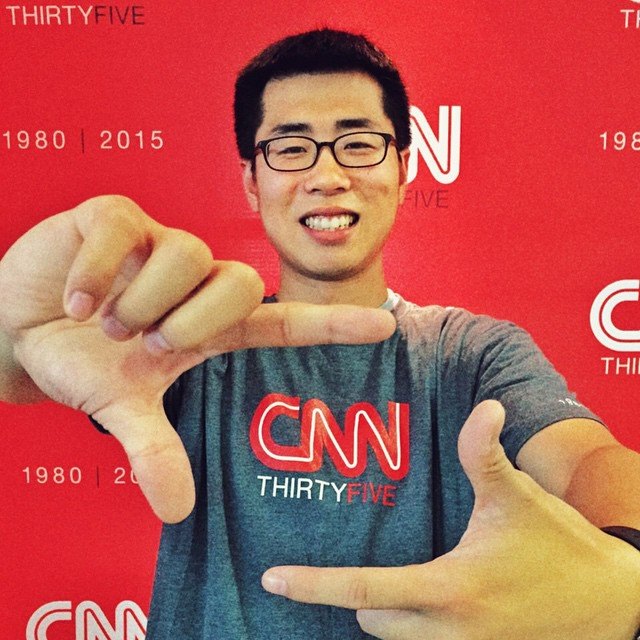
By Jim Logan
Originally published on The Current
The Orfalea Center for Global & International Studies at UC Santa Barbara has long been a bastion of informative conferences on vital topics. Two significant grants will invigorate the center’s research mission and spark innovative collaborations across campus.
The center has received $240,000 ($200,000 of which is allocated for UCSB) from the Ford Foundation, and $175,000 from the Carnegie Corp. Paul Amar, Orfalea Center’s director, called the grants “a real vote of confidence.”
The Ford Foundation’s two-year grant, he said, will allow the center to focus on China’s overseas financial and infrastructural investments in South America, the Middle East and Africa. The co-principal investigators are Amar, Lisa Rofel of UC Santa Cruz and Petrus Liu of Boston University.
The Ford grant offers the center and its partners the opportunity to consider, Amar said, “the social, cultural, communications and media aspects of China’s ‘stepping out’ into the global south. China is now the No. 1 trading partner and investor in many countries in South America and primary geopolitical influencer in Sub-Saharan Africa.”
The Carnegie award, “Security in Context,” is a two-year grant to develop social justice-oriented security studies and inclusive research methods. Amar is the sole PI for the project. It will run alongside parallel grants to the University of Massachusetts-Amherst and the University of Oklahoma.
Charlie Hale, SAGE Sara Miller McCune Dean of Social Sciences, said the grants reflect Amar’s dedication to making the center a model of innovative global research.
“In his first year as director of the Orfalea Center,” he said, “Professor Amar has provided effective, visionary leadership, building a robust, interdisciplinary intellectual community around key themes in global and area studies. Resounding external recognition of his leadership has come in the form of these major grants from two of the nation’s most prestigious foundations.
“With Amar at the helm,” Hale continued, “the Orfalea Center is making good on UC Santa Barbara’s longstanding commitment to become a truly global university. Our troubled world needs, now more than ever, the critically engaged understanding of global security and geopolitics that this research is poised to provide.”
The center is planning a launch conference by webinar for the Carnegie project in October. A number of activities after that will include preparing global and area-specific reflections on the 20th anniversary of the war on terror, coordinated with UCSB professors Lisa Hajjar (sociology), Terrence Wooten (Black Studies) and Cecilia Mendez (history and Latin American and Iberian studies).
“Also, this Carnegie project supports our in-depth focus on researching militarization in relation to gender, race and sexuality,” Amar said. “It will sustain the research work of graduate students at UCSB who are reinventing the field of security studies. They are revealing, for example, how notions of gender and racialized sexuality are shaped and targeted by patterns of militarization and police violence. Orfalea will articulate a research agenda that engages the global conversations launched in the aftermath of recent military and parliamentary coups in Latin America and Southeast Asia and mass protests on several continents around police violence.”
Amar, who is also a professor in UCSB’s Department of Global Studies, was named the center’s director in July 2019. He credits the new Orfalea Consultative Council, which includes 30 scholars from the humanities and social sciences at UCSB, with breathing new life into the center. These scholars have worked to build dialogue between area-specific, transregional, ethnic studies and global research perspectives on campus.
“The focus of this council is to reimagine the center,” he said. “The council has been working to foster new kinds of research collaborations, particularly with publicly engaged researchers in areas of conflict or crisis in the global south and east.
“The good news is that the council has done an amazing job in helping shape that vision and developing new themes for the center to invest in,” Amar continued. “Grant-making foundations like Ford and Carnegie are similarly committed to funding new approaches to the ‘co-production of knowledge’ with unconventional publics and knowledge producers in the global south. This signals a tremendously exciting transformation.”
Barbara Walker, director of research development in UCSB’s Office of Research, said the grants reflect the university’s commitment to innovation and collaboration.
“The Office of Research is delighted with Professor Amar’s successes with the Ford Foundation and Carnegie Corporation,” she said. “These two projects are hallmarks of the interdisciplinary work that comes out of UCSB’s research centers and Organized Research Units. They are also indicative of the pioneering scholarship that Amar catalyzes through his leadership of the Orfalea Center for Global & International Studies.”
Amar said he would like to thank “Barbara Walker; Melissa Bator, academic coordinator at the Orfalea Center; Alysa Sweeney, Lacy Oliveira, and Stuart Tyson Smith from The Institute for Social, Behavioral and Economic Research; Tim Schwartz of the Development Office, and the support in the Office of Sponsored Projects, which prepared the Ford and Carnegie grants proposals and made this achievement possible.”
Contact Info:
Jim Logan
(805) 893-3071
jim.logan@ucsb.edu





